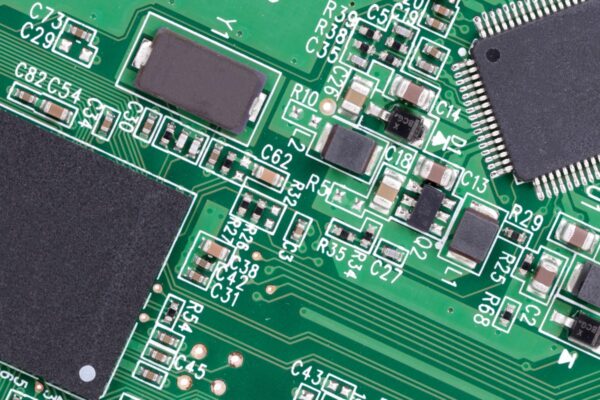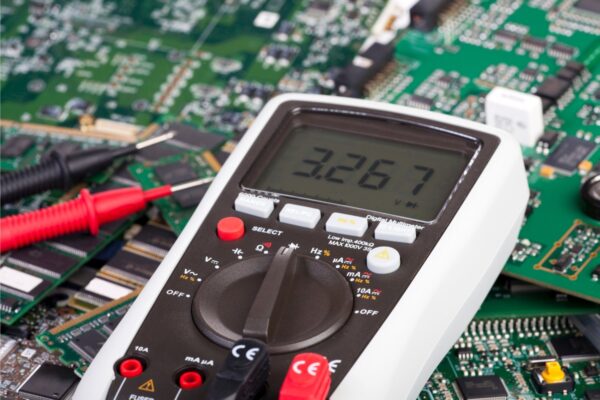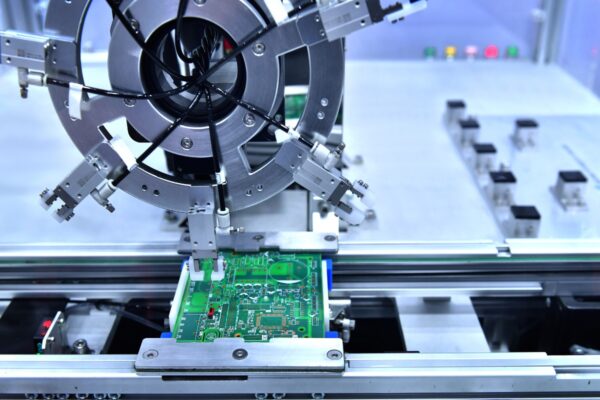What is Functional Testing (FCT)
Functional Testing (FCT) is a quality assurance step in the manufacturing process that involves examining devices under test (DUTs) to determine if they meet pre-defined specifications required for their future application. FCT tests are typically performed at the end of the production line of a functional unit.
During FCT, the core functionality of the DUT is evaluated, ensuring that all elements of the electronic device are working as intended. This includes testing the electrical connections between different parts and verifying their proper functioning. Additionally, FCT also tests the DUT’s response to undesirable states, such as switching off on overvoltage.
The purpose of FCT is to detect any problems with the circuits or other anomalies in the device. By conducting these tests, manufacturers can identify and address issues before the device is released for sale. This helps to ensure the quality and functionality of the final product.
FCT tests are typically conducted using a test system that applies power and signals to the DUT and measures its output response in terms of voltage and load. Various tests can be performed, including power-on tests, logic tests, and signal integrity tests, depending on the complexity of the PCB design.
By conducting accurate FCT tests, manufacturers can minimize the risk of faulty products reaching the market and maintain the overall quality of their PCB production operations. It is an essential step in the manufacturing process to ensure that electronic devices meet the required specifications and perform reliably in their intended applications.
Frequently Asked Questions
What Is Functional and Non-Functional Testing
Functional testing involves evaluating the application’s processes based on a specific set of requirements or specifications. On the other hand, non-functional testing focuses on assessing aspects of the application that are not directly related to its functionality but still impact the overall user experience, such as performance and reliability when subjected to heavy loads.
What Is the Difference Between Functional Test and in-Circuit Test
A functional test is designed to ensure that an assembly is functioning correctly, while an in-circuit test focuses on testing individual components against a program model that includes specific parameters for the component and its functionality.
What Are the Components of an FCT Test Instrument
FCT function test items encompass a wide range of components, such as voltage, current, power, power factor, frequency, duty cycle, brightness and color, character recognition, voice recognition, temperature measurement, pressure measurement, motion control, FLASH and EEPROM burning, and more.
What Is ICT and FCT Testing
The in-circuit test (ICT) is a process that involves measuring each component of an assembly to identify any defective parts that may need to be replaced. On the other hand, the function test (FCT) is conducted to ensure that the assembly is functioning properly and meeting its intended purpose at 100 percent capacity.





